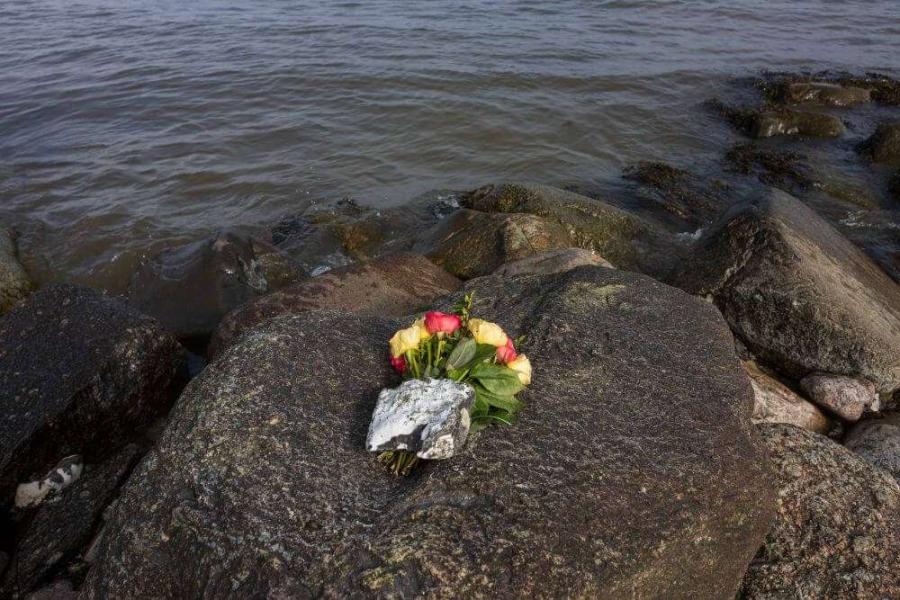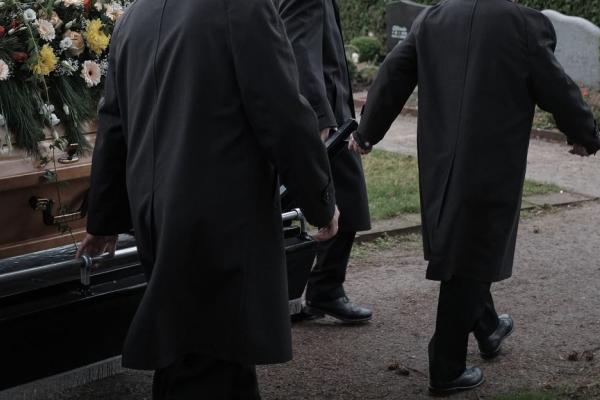
Can you be fined for scattering a loved one’s ashes in Spain?
Many families wish to honour a loved one’s final wishes by scattering their ashes in a place of personal significance. It might be the sea where they spent summers, a mountain they loved to climb, or a spot filled with happy memories. For the family, this is a deeply personal and symbolic act. However, while it may feel like an entirely private choice, the reality is that Spanish law sets out clear rules about where, how, and under what conditions this can be done.
In Spain, scattering ashes is not completely unrestricted. Regional and local regulations govern the process to protect the environment and public health. Ignoring these rules can result in a fine for scattering ashes in Spain without permission. This is why, before going ahead, it’s essential to understand the legislation, the permits required, and the locations where it is allowed. In many cases, taking the time to check the rules in advance avoids legal issues and allows for a safer, more respectful farewell.
Is it legal to scatter ashes in Spain?
The short answer is yes — it is legal to scatter ashes in Spain — but only if certain requirements are met. There is no single nationwide law covering this matter; instead, each autonomous community — and often each municipality — can set its own conditions and the corresponding fine for scattering ashes in Spain. This means that what is permitted in one city might be prohibited in another.
The aim of these regulations is the same everywhere: to protect the environment and ensure the act does not pose any risk to public health. For example, in many places it is forbidden to do so in urban public areas such as streets or parks, while in others it is only allowed if a certified biodegradable urn is used. It’s also common for rules to set minimum distances from residential areas or drinking water sources.
In regions like Catalonia, the regulations are particularly detailed, specifying exactly which areas are suitable and what administrative steps must be followed. You can read more about the regulations for scattering ashes in Catalonia in our guide, which explains the process step by step.
How to scatter ashes legally
Planning the moment carefully is key to ensuring it is carried out in a respectful way and without legal risk. The main steps are:
- Certified biodegradable urn: Spanish legislation often requires ashes to be placed in such a container to prevent the release of harmful particles and to allow it to break down naturally.
- Prior authorisation: if scattering at sea, permission must be obtained from the Directorate-General for Merchant Shipping or the relevant regional authority, as failure to do so would result in a fine for scattering ashes in Spain without authorisation.
- Check local regulations: some municipalities restrict or prohibit scattering in certain natural areas, mountains, rivers, or protected spaces.
- Professional support: using a funeral service provider can remove the complexity of permits and ensure the process is carried out legally.
Some families choose to divide the ashes between several locations or give part to alternative uses, such as creating memorial jewellery. Others arrange a private ceremony in an authorised place, combining the act with personal tributes or music. Planning ahead also allows other family members to be involved and helps ensure the deceased’s expressed wishes are honoured.

Where can ashes be scattered in Spain?
The locations where scattering is permitted depend on local and regional regulations, but commonly include:
- Non-protected natural areas: mountains, forests, or rural spaces with municipal or regional permission.
- The sea and inland waters, with authorisation and the obligatory use of biodegradable urns that cause no harm to the ecosystem.
- Private property with the explicit consent of the landowner.
- Columbaria or ash gardens: spaces within cemeteries or funeral homes that provide a legal and permanent resting place.
On the other hand, it is usually prohibited to scatter ashes in urban parks, public squares, streets, rivers, or protected natural areas without authorisation. Where restrictions are in place, many families opt for alternatives such as columbaria, eco-friendly urns that allow a tree to be planted, or other sustainable memorial projects. Whatever the choice, it is advisable to plan ahead to avoid last-minute issues.

How much is the fine for scattering ashes in Spain?
Penalties vary depending on the municipality and the seriousness of the offence. As a general guide, fines for scattering ashes in Spain can be up to €750 for minor breaches. If ashes are scattered in specially protected areas or cause environmental harm, the fine can be significantly higher.
These fines are based on the legal classification of ash as waste, which means that unauthorised scattering is considered an environmental offence.
In some cases, apart from the fine for scattering ashes in Spain, authorities may order the ashes to be removed from the location, which can be both distressing and logistically challenging for the family. Additionally, if the location is of environmental or historical value, sanctions may also include compensation for damage caused.
What does Spanish law say about scattering ashes?
General legislation states that ashes may be scattered in public or private spaces provided that:
- A certified biodegradable urn is used.
- It is not done in urban or crowded areas without permission.
- Environmental protection regulations are respected.
- The landowner’s consent is obtained if on private property.
Because there is no single law across the country, it is essential to check with the town hall or environmental authority before proceeding.
When in doubt, many families choose to entrust the process to funeral services providers who are familiar with the legislation and can arrange the necessary permits. In Áltima, our professional team is at your disposal to ensure a legal, respectful farewell that honours your loved one’s last wishes.



